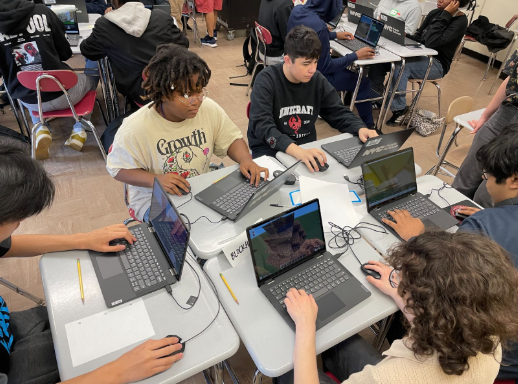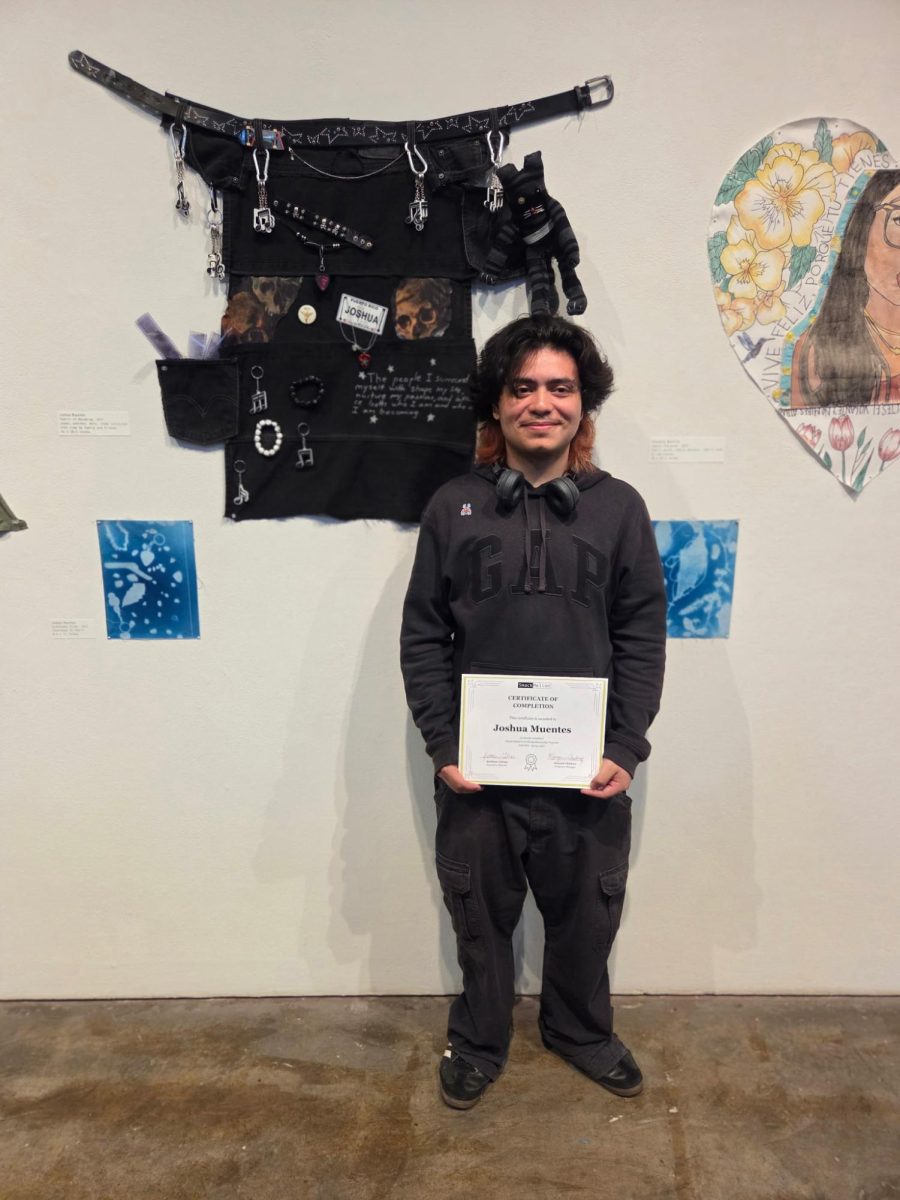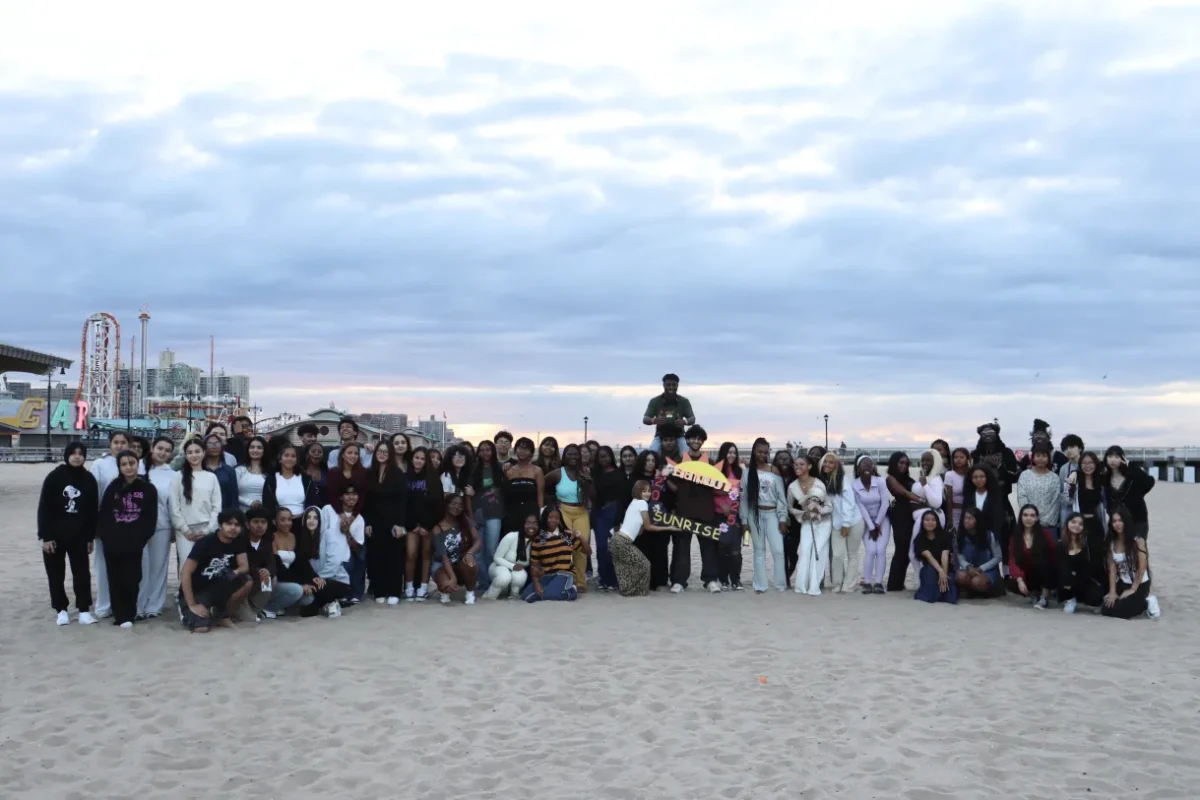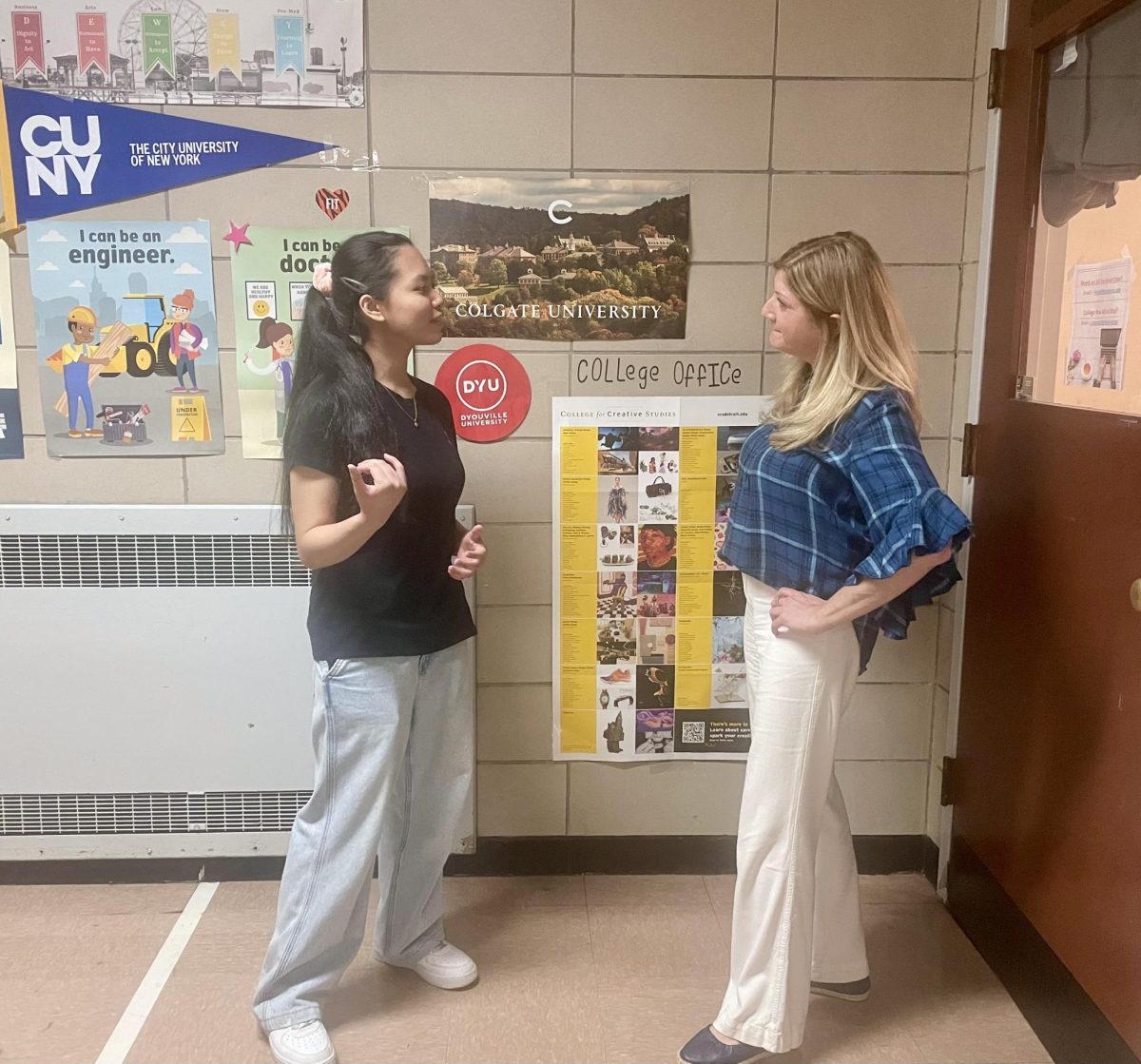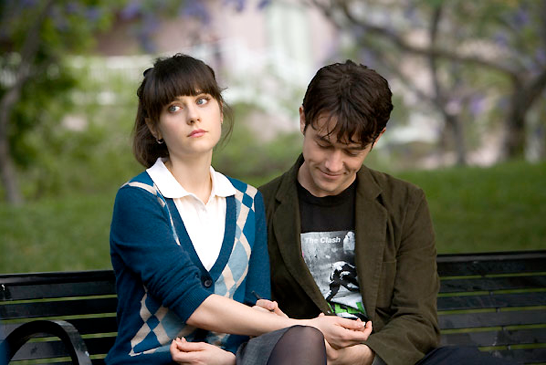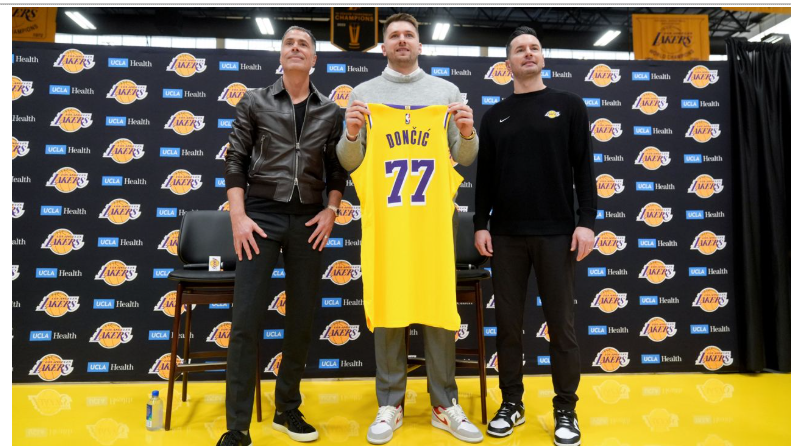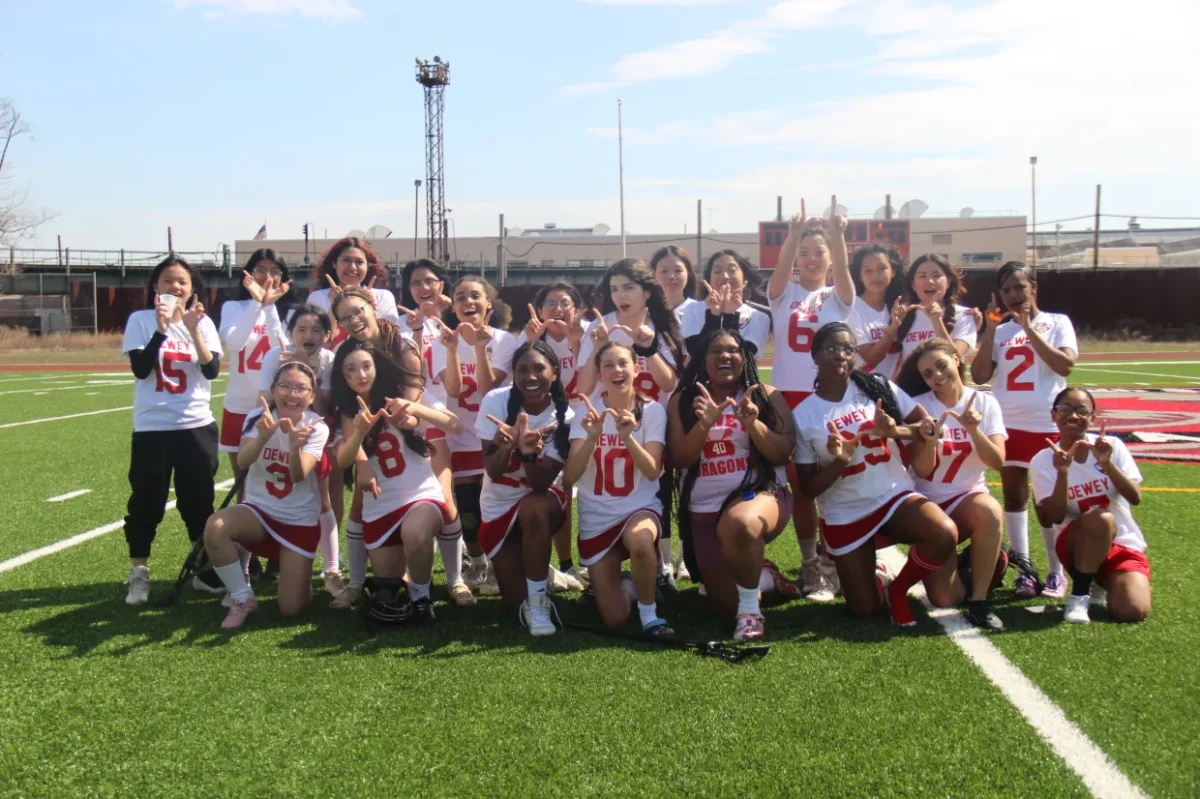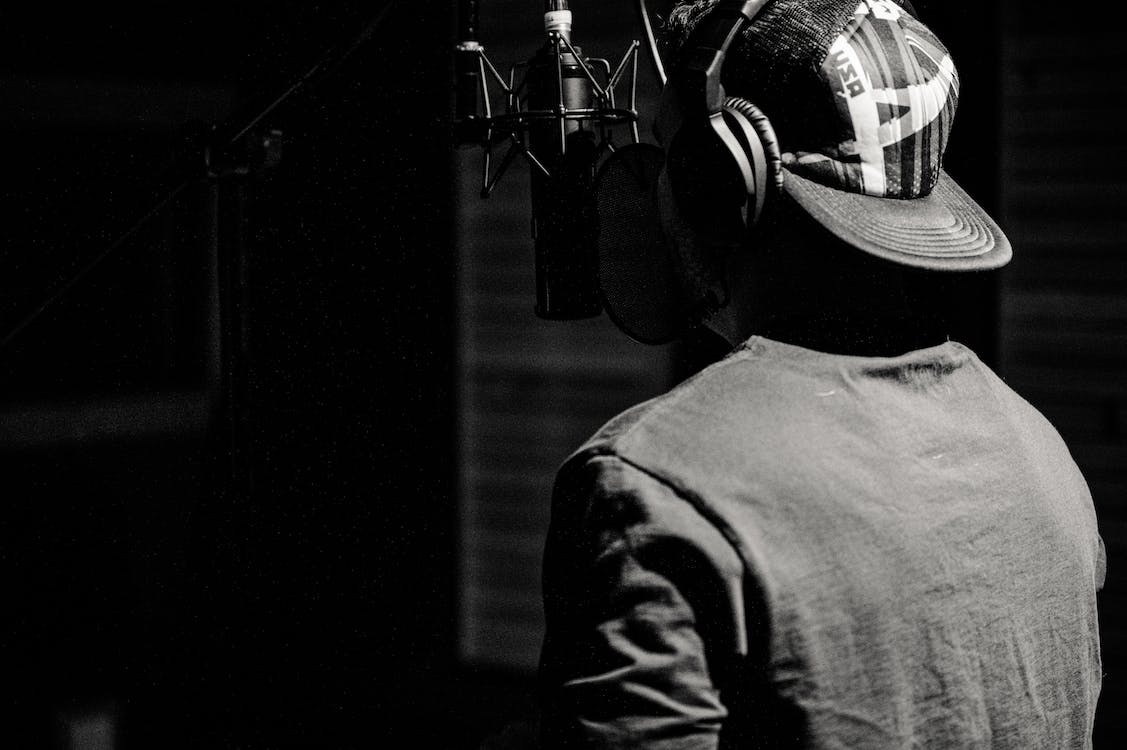Music has painted the depths of our minds with such intricate resonance. Generational adaptation to music has brought upon a collection of our inventive and creative minds through rhythmic elements. We have produced art between the relationship of sound and our consciousness.
Music has been around for centuries, but when and where has it all started? The first known trace of music was a primitive flute made of bone and ivory going back about 43,000 years ago found by archaeologists. The first ever track produced was called Hurrian Hymn No. 6, that was composed in cuneiform by the ancient Hurrians around the 14th century B.C.
Music has evolved over time due to the evolution of instruments and technology that has occurred and is still occurring as we know of. A seemingly controversial question that can be asked is, has music evolved or devolved? Between some aspects of music, it certainly has evolved; through other aspects we may look out on, like the quality and emotional connection to some music that we have, it’s not so one sided. Mr. Pagano, an English teacher at Dewey shares his take on this, “Its evolved and it’s still evolving. I think it’s up to the people that make music to decide what evolutions are worth keeping and what’s worth moving on.”
How Can Music Affect Us Negatively?
Music is known to influence our emotions in various kinds of ways. It’s also known to increase dopamine in the brain while it’s present. Research has shown that listening to music can reduce anxiety, decrease blood pressure and pain, as well as improve sleep quality, mood, mental alertness, and memory.
We’ve come across the many qualities of engaging with music, but can it affect us negatively? As much as it’s hard to think music can bring up any negativity, studies show we perceive our surroundings differently while listening to music.
Our sense of judgement mainly relies on the way we feel. As someone going through a rough day may feel judgement/irritation by their surroundings more than usual; someone having a good day may feel less judgement/irritation to their surroundings;
and same as for music, it can play a significant role in our mood which can affect our perception and our tendency to observe.
How Much Does Music Impact Our Daily Lives?
As we’ve pushed away the negative effects, let’s look into how much it impacts our lives in a positive approach. Music as for most of us is consistent through every part of our day, as if it’s almost an escape or a break from our atmosphere.
Sometimes we can feel overwhelmed by our environment that it may take no one to feel at peace, just the presence of ourselves to be in a state of tranquility. Music can help us fulfill our lonesome daydreams.
“Music was my refuge. I could crawl into the space between the notes and curl my back to loneliness.” – Maya Angelou
Mr. Inoa, a journalism teacher at Dewey, has disclosed how music impacts his life, “Yeah most definitely. It’s so impactful in different ways; like yesterday I was listening to a bunch of R&B but today I could be listening to a bunch of punk and still have a profound impact on me, so I just love the diversity in music.”
Music can reach parts of our brains that are untouchable. Music can drive us towards productivity by enhancing our motives and setting a mental timer in order for us to complete tasks we normally would have left unfinished.
Music can also trigger/activate certain memories by a specific tune that may have felt familiar or resonate with our senses that may bring up a certain image of a place, person, thing, event, etc.
Kingston, PA post-hardcore/pop punk group Title Fight during their 2013 winter tour
The Diversity Of Music
Music can represent many aspects, yet it’s the best at representing diversity. As of now, there are over 6000 different music genres. Each genre consists of thousands of artists that have uploaded at least a couple of songs. Even being put into a specific group, all artists have their own way of curating music.
Some of the most popular genres of music are rock and pop. These two genres have been the most listened to for years on end. Music doesn’t only offer those two genres, there are many genres that people haven’t even heard of such as, math rock, bedroom pop, psychedelic pop, etc.
Ms. Ippolito, an English teacher at Dewey, has discussed her taste in music: ¨Growing up I got introduced to disco music cause my parents had me when they were older so they went through the whole disco era. I think Patrice Rushen is one of my favorites, Marvin Gaye, and Diana Ross are also some of my favorites.”
Mr. Zolna, a history teacher at Dewey who has also brought upon his personal taste in music, ¨I have like four big genres, so classic Rock is my biggest one, big on Jazz, classical music and I guess like some modern electronic music. My top artists, probably Pink Floyd, probably Led zeppelin number two, with classical, Chopin and Sibelius.”
Dewey is no stranger to the ubiquity of music, with songs indicating period changes in between bells as opposed to the traditional ring. Considering Dewey plays all types of music for the bell, I think it’s safe to say music is a major influence within our community.

